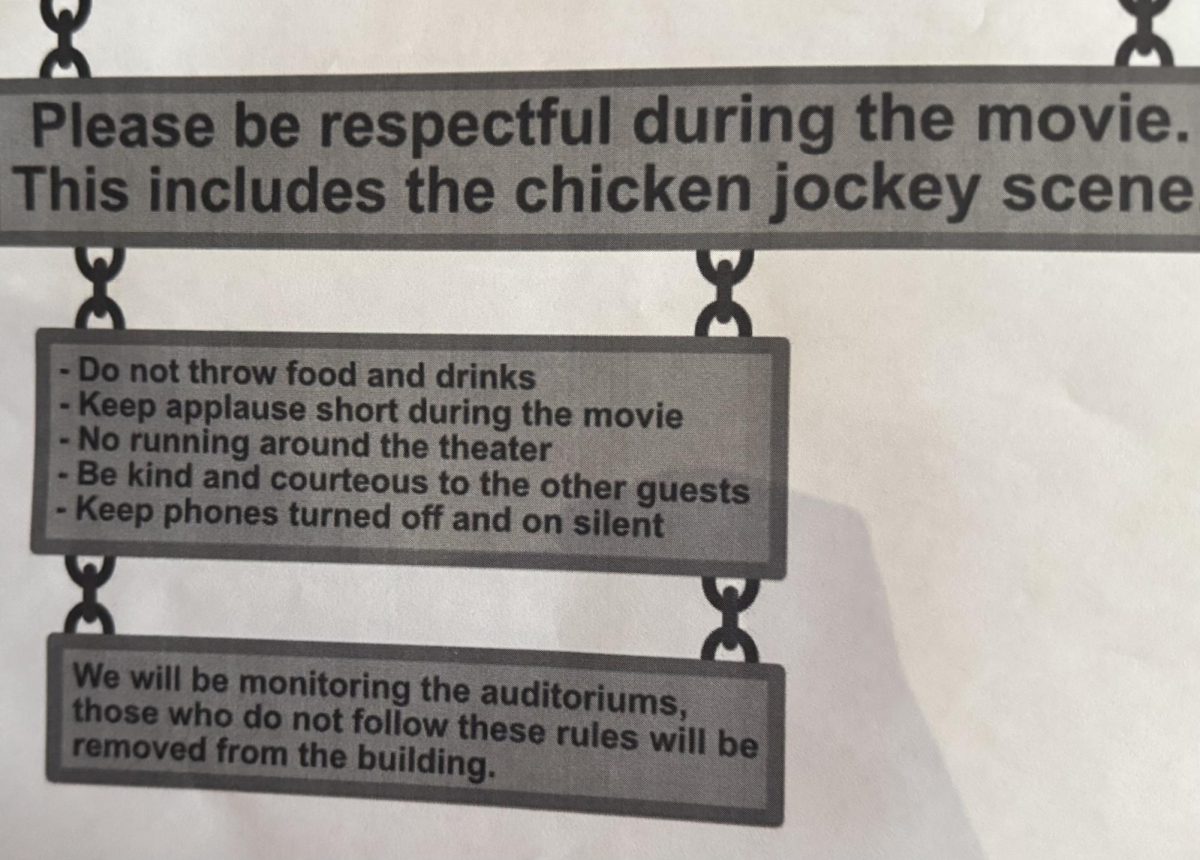More than one-third of adults in the United States are considered obese by the Centers for Disease Control and Prevention. Although there is debate as to whether obesity itself should be considered a disease, excess fat undoubtedly leads to a variety of negative health effects. Nutritionists, health workers and trainers are always on the prowl for that magic bullet to solve obesity.
However, obesity has many determinants such as socioeconomic status, cultural practices, education level and neighborhood walkability, all of which make the search for a single cure an elusive quest. Instead, in order to understand the root causes of obesity and the subsequent health consequences, one must analyze all of these determinants in order to gain a better grasp as to the full array of consequential factors. One regularly overlooked factor is the impact of social norms on people’s dietary decisions. People forget the power that these social influences can have on health and how normative influences (social factors that lead to conformity) may alter our consumption choices.
Although we are regularly overwhelmed with informational advertisements regarding the health benefits of certain foods, normative influences may cause a greater shift in our behavior. A study by Robinson, Fleming and Higgs aimed to understand the factors that influence the amount and types of food in which people choose to indulge. In the study, subjects either received a message containing health related information about fruit and vegetable consumption or a message containing social normative information about the consumption of fruit and vegetables. The study confirmed that significantly healthier choices were made in the social norms condition as opposed to the health messaging condition. As a result, this study verifies the effect that normative influences have on eating habits.
With regard to the rational behind these normative behaviors, other studies have examined the innate influences of conformity which compel these actions. A study by Cruwys, Bevelander, Radboud and Hermans suggests that these consumption norms are motivated by goals of both affiliation and uncertainty-reduction, or the concept that a common activity such as eating habits arise from the need to foster a sense of certainty. By understanding these underlying motivations we can work towards overcoming the innate tendencies of social eating.
While the behavior of others may alter one’s eating habits, socially constructed rules surrounding food may also influence consumption decisions. These rules oftentimes take the form of strict eating-related regulations, in other words, what one may or may not eat. Defined rules regarding consumption, such as banning unhealthy foods in a household, may actually have negative health consequences. A study by Stok, de Vet, Renner and de Ridder delves into the effects of a milder form of social influence such as a suggested rule, as opposed to a restrictive command. In this study, participants were given a bowl of M&M’s while asked to complete a creative task. They were then either explicitly prohibited or mildly discouraged from eating the M&M’s. Results found that a restrictive rule induced psychological reactance and led to greater unhealthy consumption when participants were allowed to eat freely. This study suggests that restrictive peer or parental influences may actually foster negative eating habits. Peers should be mindful when attempting to influence friends eating habits to use suggestive comments instead of directive and defined restrictions.
These findings on the normative influences of food consumption have many implications regarding peer norms and eating behavior. It also brings into question how parents raise their children, and whether restrictive rules regarding food might lead to unhealthy future eating habits. These parenting techniques can even extend into a child’s teenage years. As shown by Pedersen, Gronhoj and Thogersen, parents remain the main influencer of eating habits even among adolescents, with descriptive norms being more important than injunctive norms. In other terms, actions speak louder than words when it comes to encouraging healthy consumption choices.
This array of research emphasizes the influential role that peers and normative factors play in regards to dietary habits. As a campus and community we need to become more aware of how our own choices and comments might inadvertently influence the health of those around us. While these normative factors oftentimes have a negative impact, if we become more aware of how our own choices and comments could affect the health of others, we can change our personal behavioral habits and create a modeling effect to improve the health of those around us. By making healthier personal eating decisions and offering supportive guidelines to those who are trying to change their own eating habits, we can counteract the negative consequences of peer influence and create a more united and healthy community.







Jacob Langdon • Sep 12, 2019 at 2:53 am
Hi there, I discovered your web site by means of Google at the same time as looking for a similar topic, your website came up, it appears great. I’ve bookmarked it in my google bookmarks.
Robert Duncan • Sep 10, 2019 at 8:12 pm
If you apply these kinds of techniques for increasing traffic on your own webpage, I am obviously you will see the change in few days.
Ella Metcalfe • Sep 7, 2019 at 8:15 pm
I’d like to thank you for the efforts you have put in writing this website. I really hope to check out the same high-grade blog posts by you in the future as well. In truth, your creative writing abilities has encouraged me to get my own website now 😉